
Blog
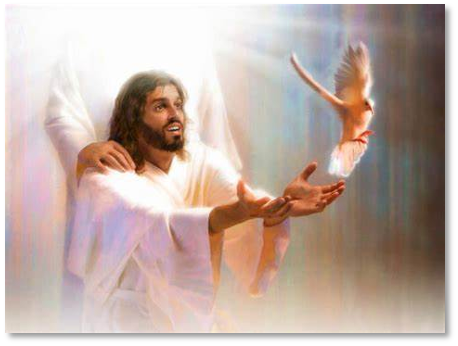
There is a part of us that prefers neatly packaged, clearcut answers over and against going on journeys to seek answers. And usually the answers we prefer, if we are honest, are the ones that justify a position we already hold and are not willing to budge from. That way we don’t have to change or grow or consider another opinion but just sit in our self-constructed security and always see the world out of the same lens. Jesus …
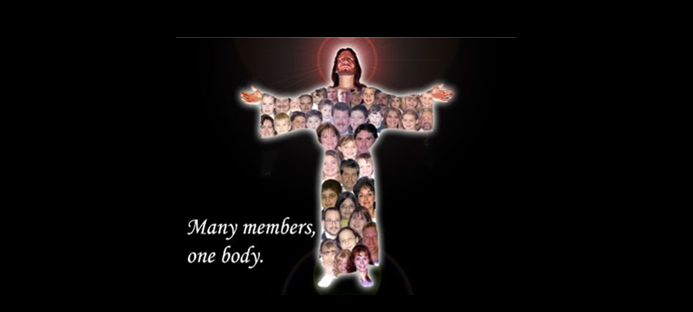
If you have ever accompanied a person approaching their own death, you know the words they share with you are among the most important words you will ever hear from them. When someone is withing hours or days of death, what preoccupies their hearts and minds tends not to be about last night’s Blue Jays game or the price of broccoli. They want to make things right. It’s their last chance to say what they always wanted to say. …
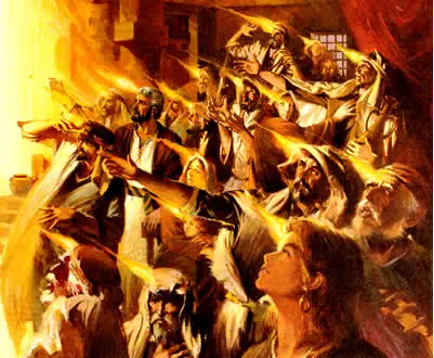
The feast of Pentecost is part of our Judeo-Christian heritage. It was a Jewish festival long before it was celebrated as a Christian feast. For our Jewish ancestors in faith, Pentecost was called the Festival of Weeks. It was a week (7 days) of weeks (7 days) plus one day, totaling 50 days. In the Hebrew Scriptures (Old Testament) Pentecost was celebrated 50 days after the great Feast of Passover. It was a festival celebrating the first harvest of grain. With the harvest in mind, …
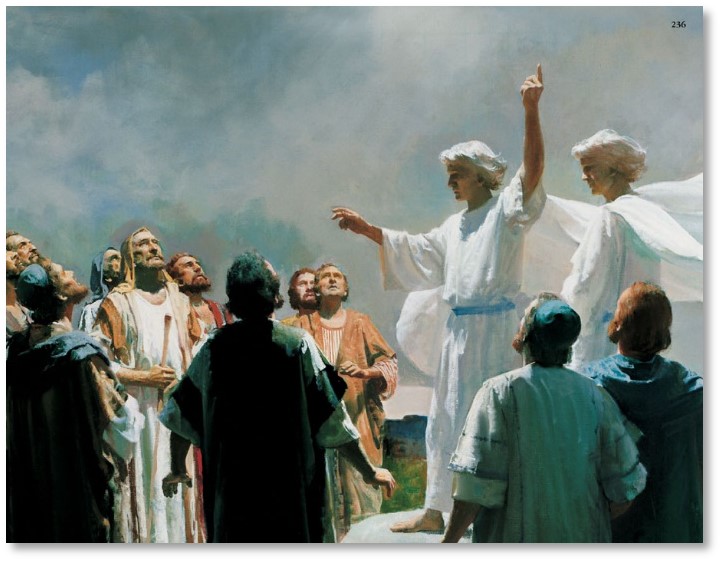
I’ve had the good fortune to make two pilgrimages to the Holy Land. My advice, first to myself and then to those traveling with me, was the same both times– honor the event not so much the place. For example, we will never know, with absolute certainty, the exact spot where Jesus was born. That’s not important. What’s important is the event, the inbreaking of God into our world in human flesh. It makes no difference whether Jesus was …
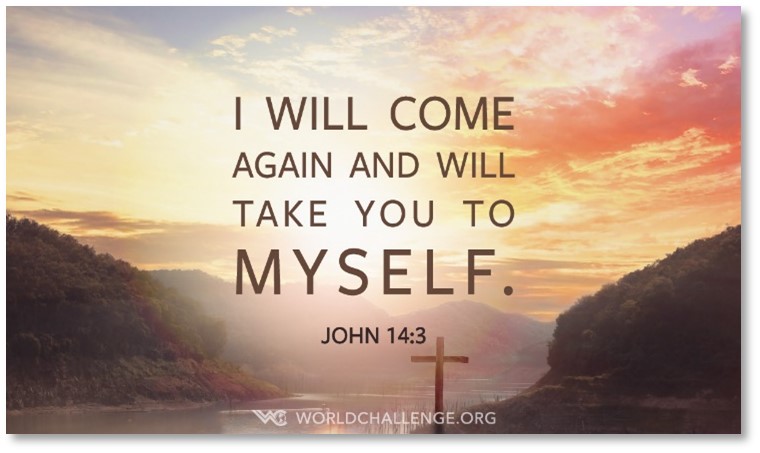
The first reading throughout the entire Easter Season, if you haven’t already figured it out, is always taken from a book in the Bible called the Acts of the Apostles. They are stories, not always flattering, about how the Church began, survived, and thrived in the absence of Jesus’ physical presence. In order for the Church to get out of the first century, I just have to believe there was and is a Holy Spirit, and that Spirit must …
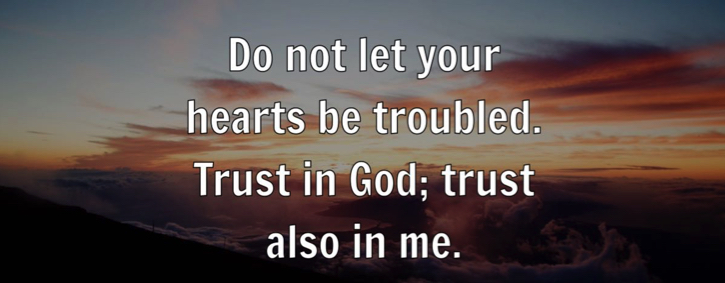
When I read and ponder these gospel stories, Jesus always comes across as the model, the archetype, the goal to which I strive. I believe he is the potential within me, that I never quite reach, and he is also the encouragement within me to keep striving. Jesus is the complete human being calling me and every human being to be fully human as he was. In that sense, I can say he is the universal Christ.
On the …
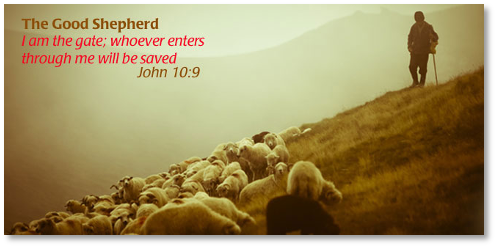
I love this line from today’s gospel, “The sheep follow him because they know his voice.” The assumption is that if the sheep recognize the shepherd’s voice, they will follow him. And if they follow him, he will lead them to green pastures where they will find life in abundance. “I came that you might have life and have it abundantly.” The whole thing starts with recognition—sheep recognizing the shepherd’s voice. The post-resurrection stories we’ve heard so far during the Easter Season, are all stories …
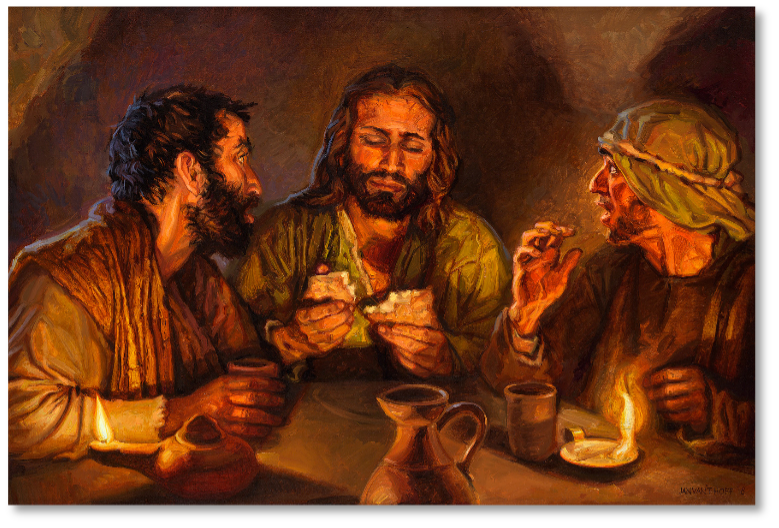
When Jesus broke bread at what we traditionally call The Last Supper, he said, “Do this in remembrance of me.” In other words, “If you want to remember the truth about me, then break and eat bread, pour and drink wine in my name, and you will remember me. If you try to remember me without breaking bread or drinking wine in my name, you won’t remember me.” If we don’t remember Jesus, we will be forced to create a substitute. …
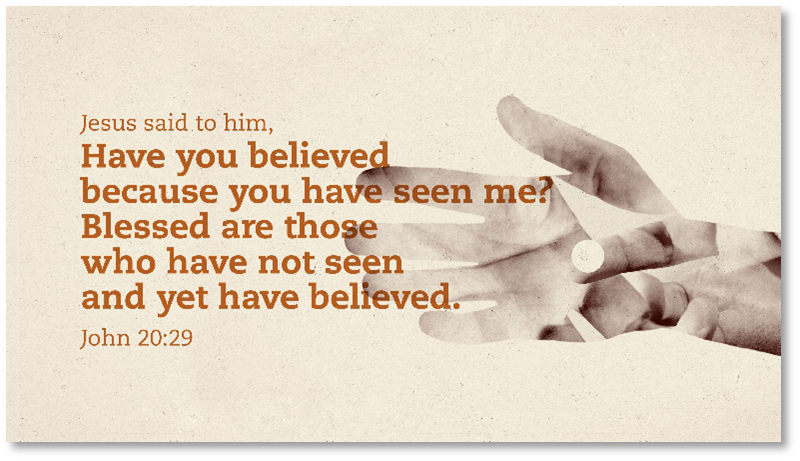
This gospel reading is one of the more familiar gospel stories for all of us. I’ve read books and heard homilies–commentaries you might say–about the “Doubting Thomas” story. After hearing these commentaries, sometimes I felt not so bad in my own faith, especially when I compared myself with the sad state of Thomas at the beginning of the story. Contrastingly, at other times, I felt my faith needed a lot of stretching and growing, especially when I compared myself …
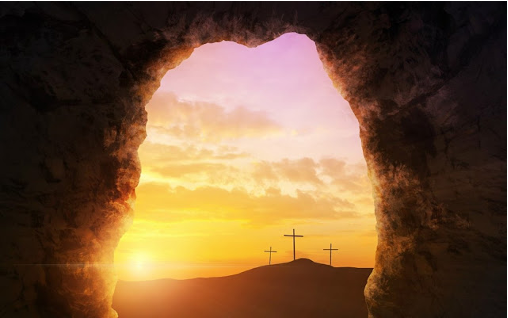
A boy goes up to his father and says, “Daddy, how does the sun, the moon, and the stars stay up in the sky without falling to earth?” The father answered, “I don’t know, son. “Daddy,” asked the son a second time, “How does winter turn into spring and spring turn into summer?” “I have no idea how that works, son.” “Daddy, how does a bear know it’s time to hibernate in the winter? And how does it know …